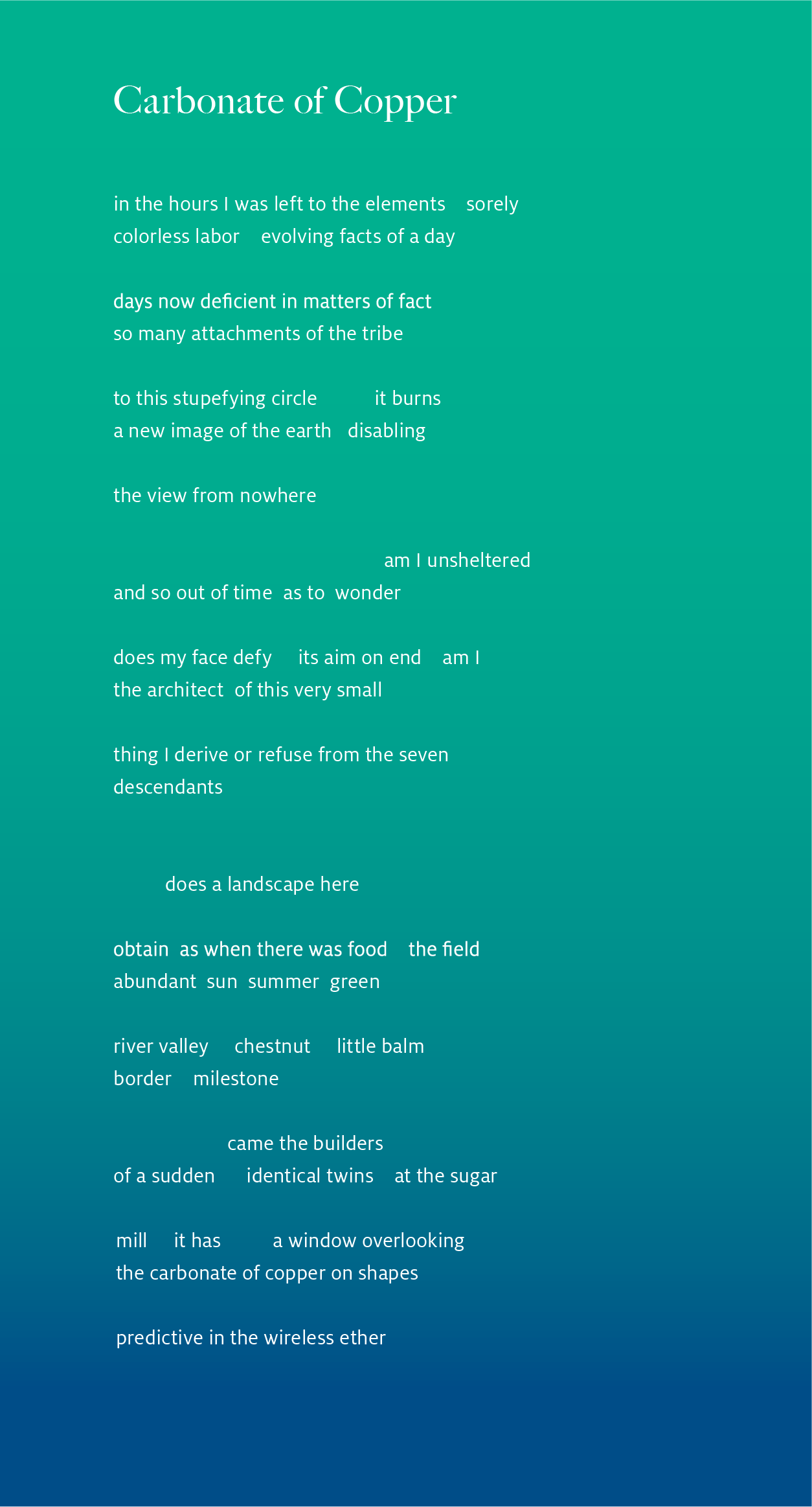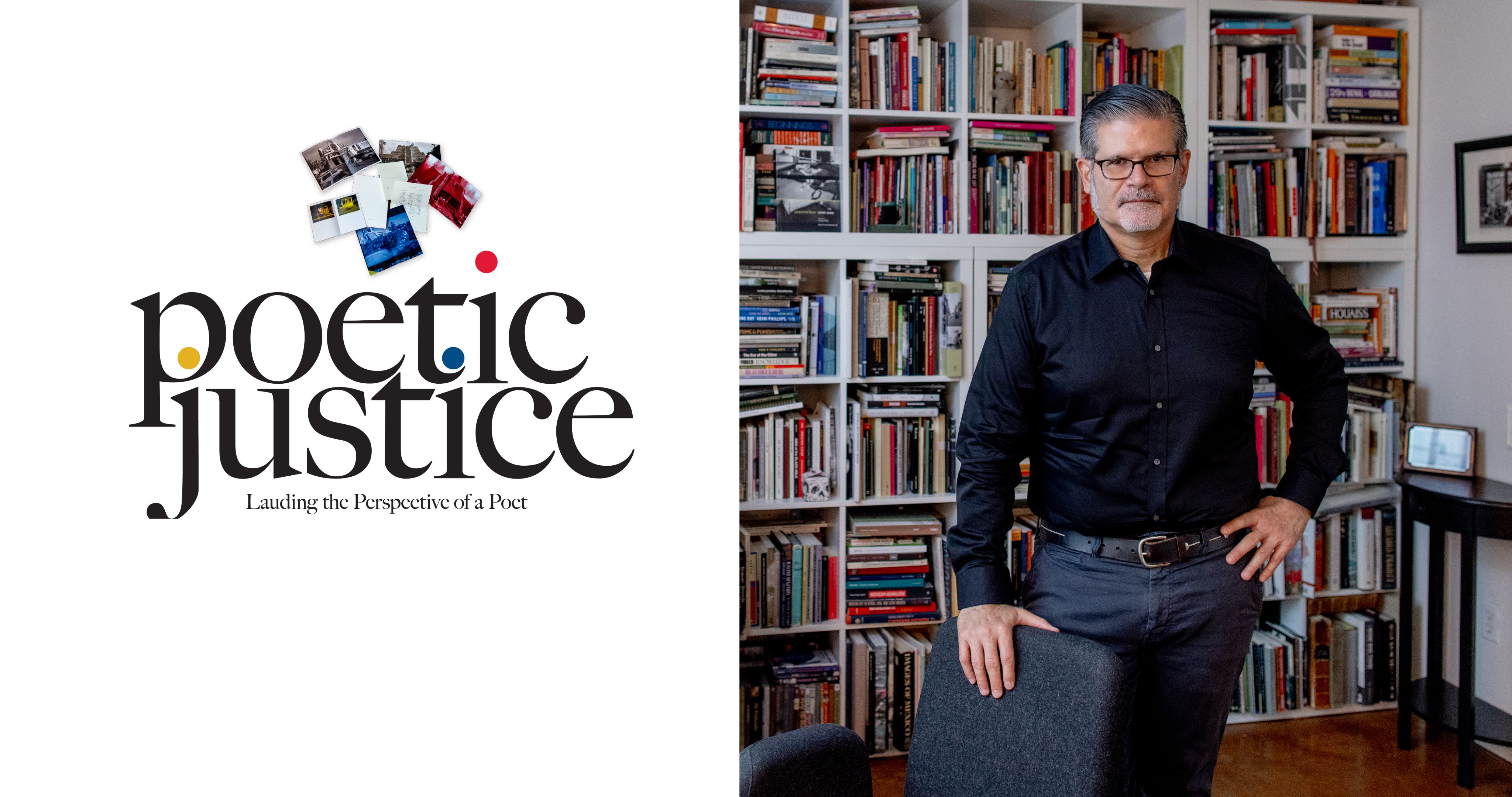
As an award-winning literary artist, Roberto Tejada has penned more than a dozen books throughout his illustrious career, however, it’s his most recent collection of poems, started in the early days of the COVID-19 lockdown, that has earned him a fellowship from the John Simon Guggenheim Memorial Foundation.
“I see this as a validation of my work prior to this moment and an encouragement toward work that will come in the future. It makes me feel especially seen.”
- RobertoTejada
Tejada, Hugh Roy and Lillie Cranz Cullen Distinguished Professor of English and Art History at the University of Houston, is one of 184 artists, writers, scholars and scientists awarded the prestigious Guggenheim Fellowship this year. Following a rigorous peer-review process, he was selected from a pool of nearly 3,000 applicants.
“I see this as a validation of my work prior to this moment and an encouragement toward work that will come in the future,” he shared. “It makes me feel especially seen.”
At UH since 2014, Tejada holds joint appointments in the noted Creative Writing Program in the College of Liberal Arts and Social Sciences and in the Art History Program at the Kathrine G. McGovern College of the Arts, where his teaching focus encompasses modern Latin American and contemporary Latinx art.
“Professor Tejada is a shining example of how University of Houston faculty can have success by working across disciplines and colleges,” said Paula Myrick Short, senior vice president for academic affairs and provost, who was instrumental in facilitating Tejada’s joint appointments. “His talents as a storyteller and experience as an educator make him an inspiration to his peers and future poets. The Guggenheim Fellowship is well deserved.”
A translator, editor, essayist, art historian and cultural critic, Tejada’s writing addresses the political imagination and impurity of time in shared image environments, configurations of art, life and language inclined to the future.
“Growing up in Los Angeles, I discovered a love for all things arts and became a fan of the vibrant punk rock scene of the late 1970s to early ’80s,” Tejada explained. “At that time, the musicians, poets, journalists and sound artists convened in this sort of misfit obscurity and much of this was tied to my literacy and apprenticeship.”
In the decades to come, Tejada’s multifaceted cultural studies and creative activities would be recognized with numerous fellowships and grants, including awards from the National Endowment for the Arts, Fulbright Foundation, Creative Capital Warhol Foundation and Fundação Armando Alvares Penteado in São Paulo, Brazil. Yet, for Tejada, being named a Guggenheim Fellow has an extra special meaning.
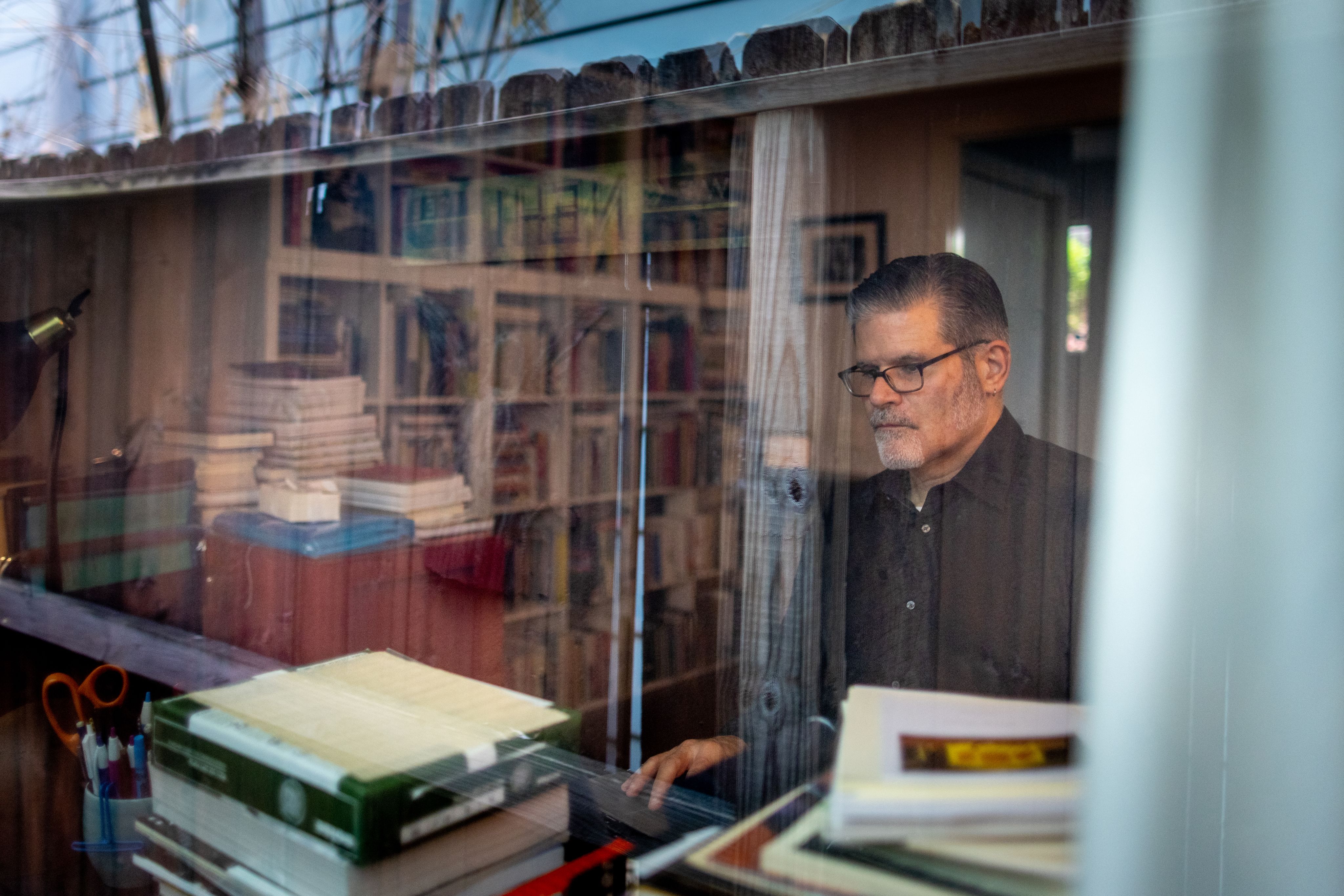
A storyteller and artist, Roberto Tejada explores the pandemic’s global impact on humanity.
A storyteller and artist, Roberto Tejada explores the pandemic’s global impact on humanity.
“It feels very confirming to have been selected by my colleagues in poetry, who through this fellowship, are recognizing the work that I’ve done as a poet over the last 30 years, in addition to putting a wager on this next book of poems.”
That wager is a $50,000 award from the foundation, which will enable Tejada to finish what he started in March 2020, his new collection, “Carbonate of Copper.” Tejada says these poems are intimately tied to the pandemic and our collective reckoning with “the kind of grief that we haven’t been able to express at the global level of humanity to the number of lives that have been lost in the last year.”
To reinvigorate and focus his creativity, Tejada traveled to McAllen in the Rio Grande Valley this summer to continue work on the project. He hopes to return to Mexico City (where he wrote his first book of poems, “Mirrors for Gold,” and worked as a magazine editor with the late Nobel laureate Octavio Paz) and to Marfa, Texas (his go-to writing retreat) – to complete the book.
“They are places where I am energized either by the landscape or the cultural vibrancy of the environment,” he said.
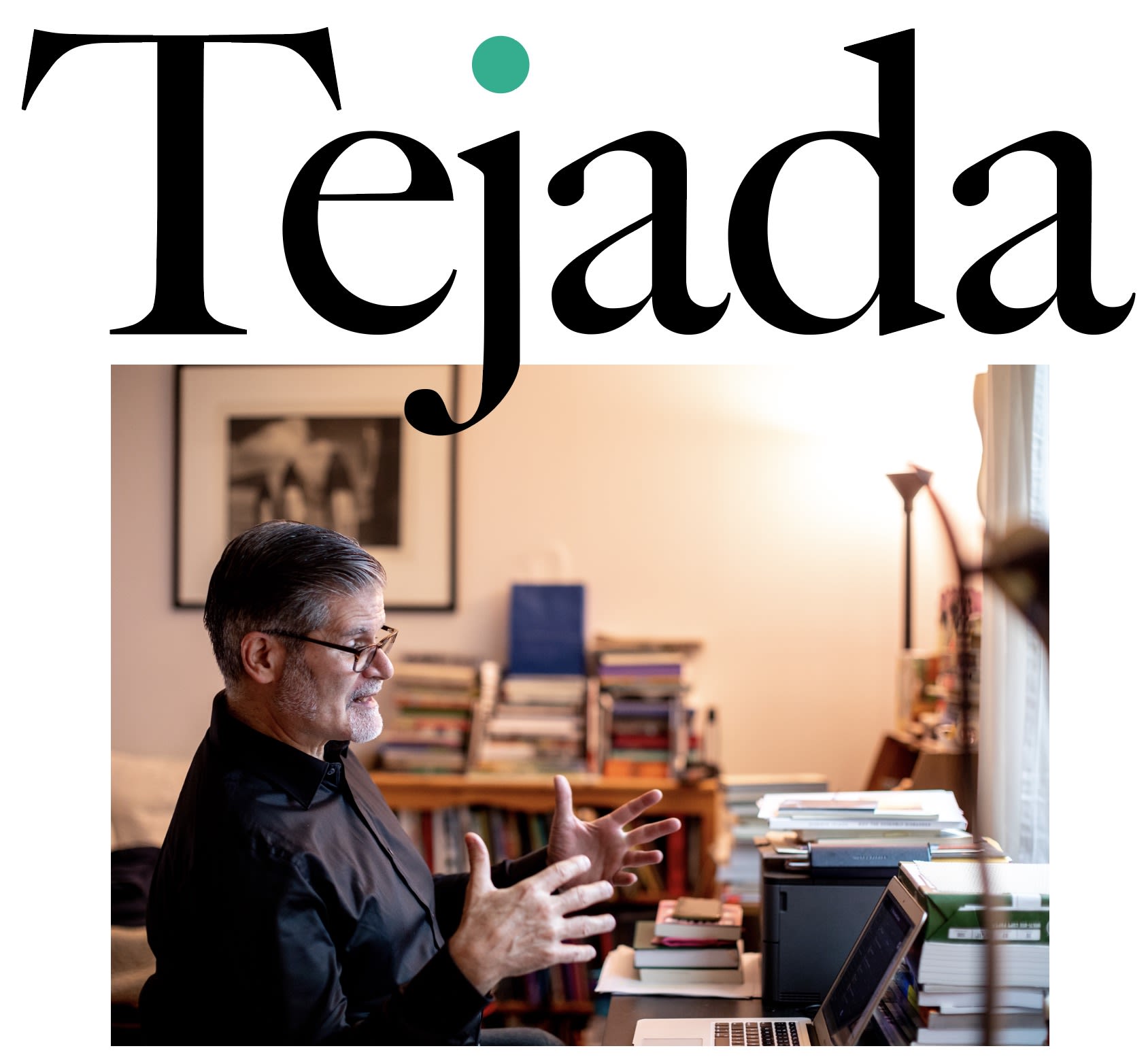
Roberto Tejada, Hugh Roy and Lillie Cranz Cullen Distinguished Professor of English and Art History, is the recipient of a fellowship from the esteemed John Simon Guggenheim Memorial Foundation.
Roberto Tejada, Hugh Roy and Lillie Cranz Cullen Distinguished Professor of English and Art History, is the recipient of a fellowship from the esteemed John Simon Guggenheim Memorial Foundation.
Created in 1925 by Senator Simon and Olga Guggenheim in memory of their son John Simon Guggenheim, the foundation has offered fellowships to exceptional individuals in pursuit of scholarship in any field of knowledge and creation in any art form, under the freest possible conditions.
“A Guggenheim Fellowship has always been meaningful, but this year we know it will be a lifeline for many of the new fellows at a time of great hardship, a survival tool as well as a creative one,” said Edward Hirsch, president of the foundation and former UH poetry professor. “The work supported by the fellowship will help us understand more deeply what we are enduring individually and collectively, and it is an honor for the Foundation to help them do what they were meant to do.”
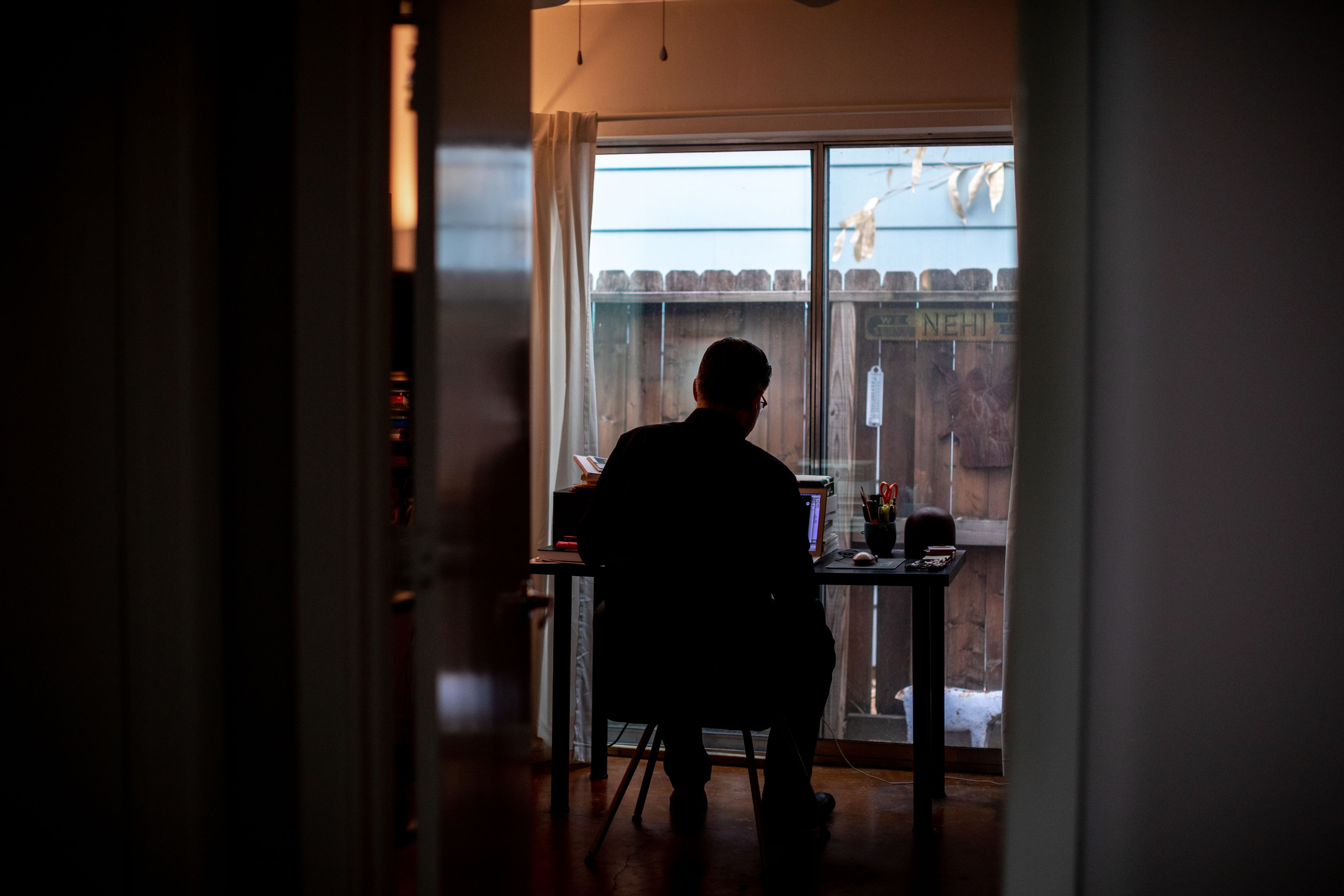
Ensconced in his home in Houston, Roberto Tejada drafts his new collection of poetry, “Carbonate of Copper.”
Ensconced in his home in Houston, Roberto Tejada drafts his new collection of poetry, “Carbonate of Copper.”
